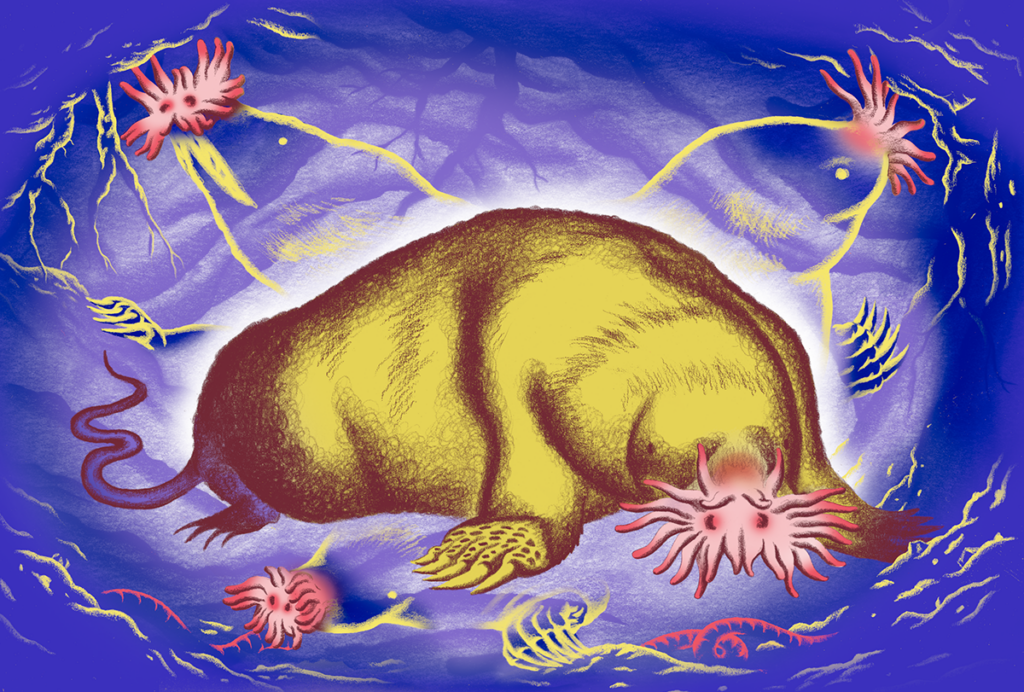Outlook: Autism
Recent articles
Culture: Diverse diagnostics
The study of autism around the globe must account for a variety of behavioural norms in different societies.

Culture: Diverse diagnostics
The study of autism around the globe must account for a variety of behavioural norms in different societies.
Perspective: Imaging autism
Several studies in the past two years have claimed that brain scans can diagnose autism, but this assertion is deeply flawed, says Nicholas Lange.

Perspective: Imaging autism
Several studies in the past two years have claimed that brain scans can diagnose autism, but this assertion is deeply flawed, says Nicholas Lange.
Epidemiology: Complex disorder
Researchers are digging into the myriad causes of autism to refine its definition and find elusive biological signatures.

Epidemiology: Complex disorder
Researchers are digging into the myriad causes of autism to refine its definition and find elusive biological signatures.
Perspective: Brain scans need a rethink
Head movement can bias brain imaging results, undermining a leading theory on the cause of autism, say Ben Deen and Kevin Pelphrey.

Perspective: Brain scans need a rethink
Head movement can bias brain imaging results, undermining a leading theory on the cause of autism, say Ben Deen and Kevin Pelphrey.
Treatments: In the waiting room
After years of making do with drugs developed for other conditions, doctors and scientists are eagerly pursuing drugs that target the social symptoms of autism.

Treatments: In the waiting room
After years of making do with drugs developed for other conditions, doctors and scientists are eagerly pursuing drugs that target the social symptoms of autism.
Diagnosis: Redefining autism
Draft diagnostic guidelines are raising concerns that mild forms of the disorder may no longer be recognized.

Diagnosis: Redefining autism
Draft diagnostic guidelines are raising concerns that mild forms of the disorder may no longer be recognized.
Adulthood: Life lessons
We know little about autism past adolescence, but a well-studied generation of children with autism will change that.

Adulthood: Life lessons
We know little about autism past adolescence, but a well-studied generation of children with autism will change that.
Child development: The first steps
Because infants born into families with autism are more likely to develop the condition, studying them might lead to ways to diagnose people in the general population earlier.

Child development: The first steps
Because infants born into families with autism are more likely to develop the condition, studying them might lead to ways to diagnose people in the general population earlier.
Genetics: Searching for answers
Solving the riddle of autism genetics will require looking beyond the growing list of candidate genes to epigenetics and personalized medicine.

Genetics: Searching for answers
Solving the riddle of autism genetics will require looking beyond the growing list of candidate genes to epigenetics and personalized medicine.
Explore more from The Transmitter
Neuro’s ark: Understanding fast foraging with star-nosed moles
“MacArthur genius” Kenneth Catania outlined the physiology behind the moles’ stellar foraging skills two decades ago. Next, he wants to better characterize their food-seeking behavior.

Neuro’s ark: Understanding fast foraging with star-nosed moles
“MacArthur genius” Kenneth Catania outlined the physiology behind the moles’ stellar foraging skills two decades ago. Next, he wants to better characterize their food-seeking behavior.
Largest leucovorin-autism trial retracted
A reanalysis of the data revealed errors and failed to replicate the results.

Largest leucovorin-autism trial retracted
A reanalysis of the data revealed errors and failed to replicate the results.
NIH scraps policy that classified basic research in people as clinical trials
The policy aimed to increase the transparency of research in humans but created “a bureaucratic nightmare” for basic neuroscientists.

NIH scraps policy that classified basic research in people as clinical trials
The policy aimed to increase the transparency of research in humans but created “a bureaucratic nightmare” for basic neuroscientists.